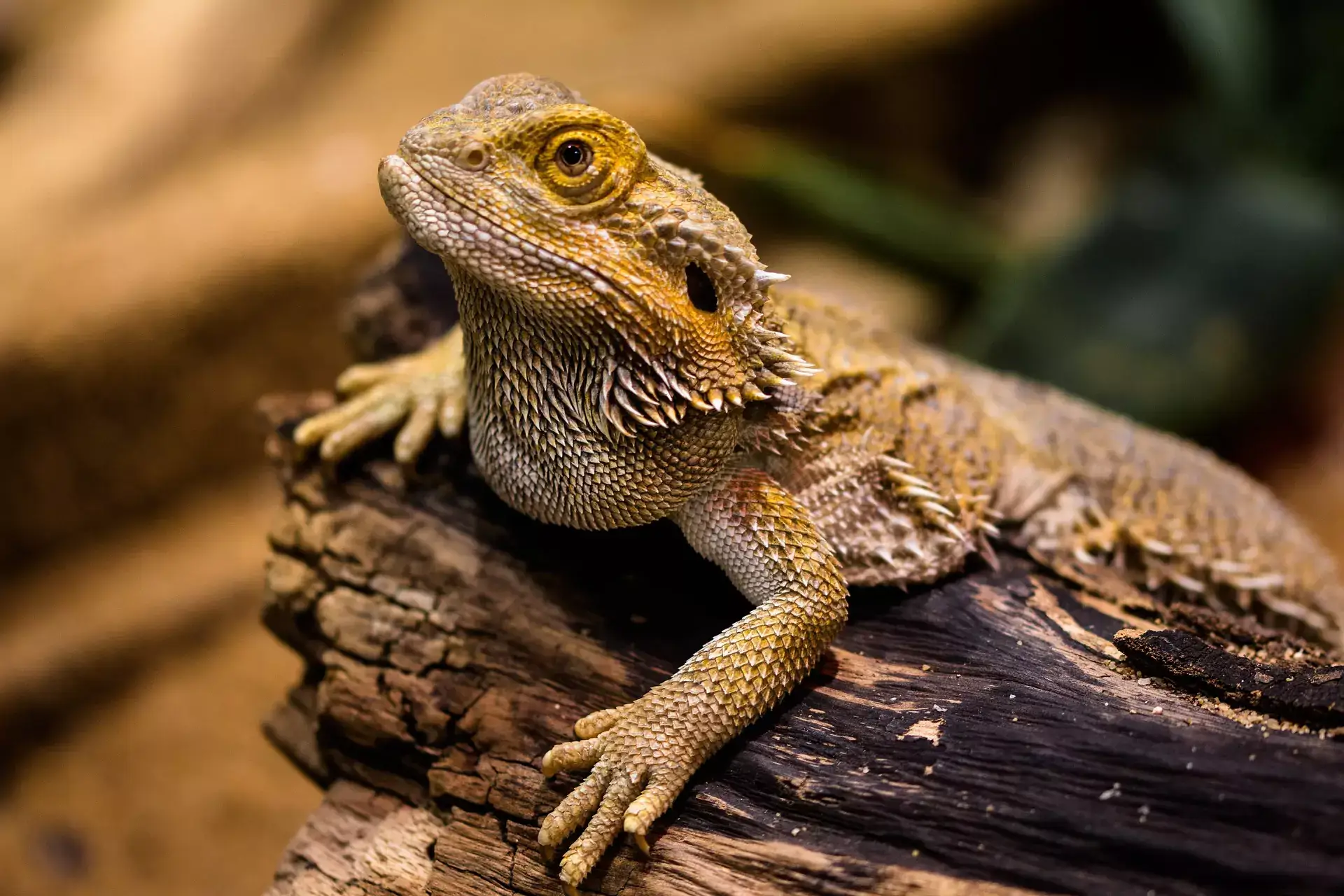Chinchilla Care Basics
March 23rd is National Chinchilla Day! These cute little balls of fur have been making lots of fans lately, and it’s not hard to see why. Chins make wonderful pets! However, these guys do require great care to be happy. Here, a neighborhood Louisville, KY veterinarian discusses basic chinchilla care.
What Sort Of Enclosure Does Chinchillas Require?
Because chins enjoy jumping and climbing, you’ll need something that’s taller than it is wide. Your pet’s habitat needs to be at least 2′ long and 2′ wide. A cage with more than one level is often a good choice. Pick something with strong floors. The walls should be made of mesh, and the holes should be less than 1″ apart. Steer clear of plastic, as pets have a tendency to gnaw on it.
For bedding, you should use things that are made of paper. Don’t use wood shavings: they actually are not appropriate for small animals. You’ll also need to provide fun toys, climbing branches and ladders, and good hides, like small boxes, pouches, and tents. Ask your vet for specific advice.
How Can I Tell If My Chinchilla Is Happy?
Chinchillas show love in some really cute ways. When your pet sees you, they might wag their tail or run around happily. In fact, these guys literally do jump for joy sometimes. They even bounce off the walls with excitement. This is called wall-surfing, and yes, it is as cute as it sounds.
Love bites are also a thing with these guys. Your chin may give you a light nibble as a way to show love. (Note: if your pet does this while you’re holding them, it could mean they want to get down or need to relieve themselves.)
What Does A Proper Chinchilla Diet Look Like?
Chinchillas need proper nutrition to stay healthy, just as all animals do. They have teeth with open roots, like a lot of other small animals. In the wild, this helps them chew on tough plants and roots without damaging their teeth. Your pet will need a lot of foods that are high in fiber. Offer them as much grass hay as they want. You can also offer small amounts of commercial pellet food and some dark, leafy veggies.
Chins don’t need treats, per se, but your little friend will occasionally like to nibble on safe branches like blackberry, apple, and pear trees. (Make sure pesticides have not been used on anything you offer.) You can also offer plain Cheerios, hibiscus leaves, or blackberry leaves every once in a while. Fresh, safe herbs, like oregano, peppermint, and lavender, may also be fun for them.
Knowing what not to give is also important!
Here are some things to never give your chinny:
- Dried fruit
- Grain
- Nuts
- Seeds
- Branches from unsafe/unknown trees
- Chocolate
- Alcohol
- Caffeine
Ask your vet for specific advice on this.
Where Did Chinchillas Come From Originally?
This adorable little furball is originally from South America. They used to be quite common, but people have been hunting them for their fur for a long time. You won’t often see wild chinchillas these days.
Do Chinchillas Need To Be Groomed?
You won’t have to bathe your pet. In fact, you should never wash your chin with soap and water. It will take a long time for their fur to dry, which can cause issues. Plus, you’ll have a wet, grumpy chinchilla on your hands!
Chinchillas use dust baths to clean themselves. You’ll need to provide a good ‘tub’ and clean dust about three times a week. (Note: when it’s hot outside, putting the dust in the fridge can help your pet stay cool.) It can be really cute to see your little friend having a great time at the spa. Ask your Louisville, KY veterinarian for more beauty care tips.
What Kinds Of Illnesses Do Chinchillas Get?
Chins can get sick, just like any other pet. It’s important to know about common illnesses.
These include:
Dental Problems: Chins, like other pets with open-rooted teeth, are quite susceptible to dental problems. These can be very painful for your little friend! Provide suitable food and toys: these issues start if chinchillas can’t wear down their teeth.
Ringworm: Chinchillas are prone to getting ringworm, which is actually a fungus. This problem can be treated, but you need to take your little friend to the vet right away.
Overheating: Chinchillas come from the dry, cold Andes. They don’t do well in hot or humid places, and they can get too hot in temperatures that most people would consider acceptable. The room your pet is in should stay under 80°F. The cage also shouldn’t be in full sunlight. In the summer, you may need to incorporate air conditioning.
Skin/Fur Issues: These little guys’ soft fur makes them cute and easy to pet, but it can also be a problem. If your chin is lonely, scared, sick, nervous, or stressed out, it may chew on itself. Coat problems can also be brought on by hormonal or other health issues.
Gastrointestinal Problems: This broad term can be used to describe a variety of different problems. Chins can’t throw up, so these issues can be very dangerous for them!
Ask your vet for more information.
How Will I Know If My Chinchilla Is Sick?
Your adorable little pet can’t tell you if something is wrong, so you’ll need to watch out for clues.
Here are some things you should look for:
- Lack of appetite
- Discharge from the eyes or nose
- Fur loss
- Withdrawal
- Chewing themselves
- Diarrhea
- Constipation (Lack of fecal pellets)
- Lethargy
- Restless/unusual behavior, such as pacing
- Weight gain or loss
- Lumps, bumps, or lesions
- Excessive thirst
- Sensitive/sore paws
- Bloat
- About three times a week.
- Open-mouthed breathing
- Panting
- Drooling
- Pawing At The Mouth
- Lack of interest in bathing
- Uncharacteristic silence
- Dirty bottom
If you see any of these things, call your Louisville, KY animal clinic right away.
What Else Should I Know About Chinchillas Before I Get One?
Chinchillas aren’t the most demanding pets on our lineup, but they do require a fair amount of attention. With these guys, you may not have to do a lot every day. However, it’s really important to know what to do and what not to do.
One thing to consider? These guys live a lot longer than many other small animals. Chins can live up to 10 or even 15 years! That’s a pretty significant time commitment.
A chinchilla needs a cool place to live, so if you like it pretty warm, they might not be the best fit. They are also nocturnal, and have some pretty specific care needs.
Do A Chinchilla Like To Cuddle?
Your pet might not mind being held once they are used to you and feel safe with you. However, don’t be surprised if your tiny pal prefers forehead pets to being held. Chinchillas can be affectionate in their own way, but they aren’t necessarily big on cuddling.
Each of our animal friends is special in their own way. It’s all about what you want. Things that are good for one person might not be so good for another. Do plenty of research before adopting a chinchilla!
Do you have concerns about taking care of a chinchilla? Get in touch with us, your neighborhood Louisville, KY pet hospital, anytime. We’re here for you!



